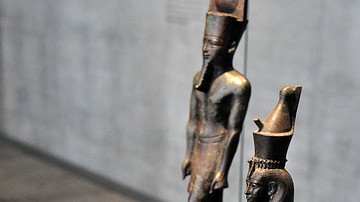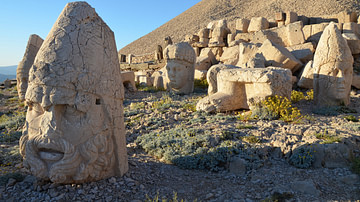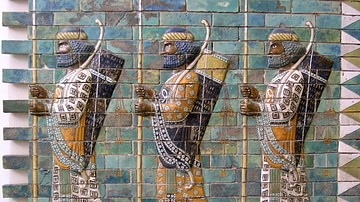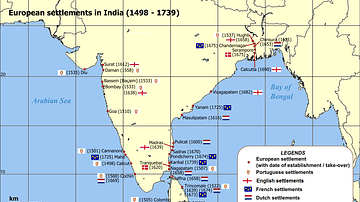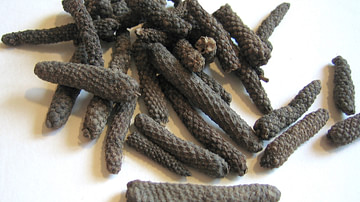Video
Looking East, Looking West: Mughal Painting between Persia and Europe
November 19, 2015
Getty Center
Lecture by Kavita Singh
Introductory remarks by Thomas W. Gaehtgens and Brian Sweeney
Kavita Singh is professor of art history at the School of Arts and Aesthetics at Jawaharlal Nehru University.
Mughal painting is said to have begun in the middle of the 16th century as an offshoot of Persian painting; however, within a short time span of a few decades, the medium was transformed through contact with the European Renaissance. Absorbing stylistic elements of naturalism, sfumato, chiaroscuro, and perspective, Mughal artists began to produce accurate portraits and reproduced architecture and nature in delicate detail in their renderings of Persian poetry and court life.
This lecture and the accompanying publication (forthcoming in fall 2016) are sponsored by the Getty Research Institute Council.
Learn more about this event at the Getty Research Institute's website: http://www.getty.edu/research/exhibitions_events/events/mughal_painting.html
Cite This Work
APA Style
Institute, G. R. (2024, January 19). Looking East, Looking West: Mughal Painting between Persia and Europe. World History Encyclopedia. Retrieved from https://www.worldhistory.org/video/3105/looking-east-looking-west-mughal-painting-between/
Chicago Style
Institute, Getty Research. "Looking East, Looking West: Mughal Painting between Persia and Europe." World History Encyclopedia. Last modified January 19, 2024. https://www.worldhistory.org/video/3105/looking-east-looking-west-mughal-painting-between/.
MLA Style
Institute, Getty Research. "Looking East, Looking West: Mughal Painting between Persia and Europe." World History Encyclopedia. World History Encyclopedia, 19 Jan 2024, https://www.worldhistory.org/video/3105/looking-east-looking-west-mughal-painting-between/. Web. 25 Apr 2025.

